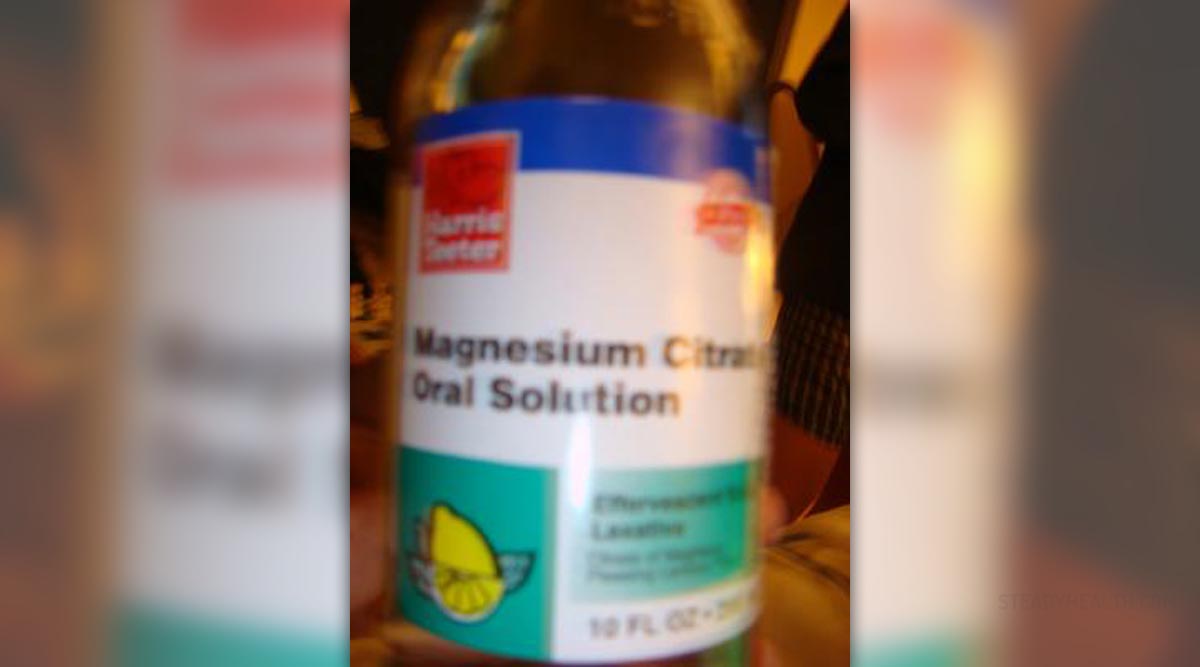
An Important, Dangerous Mineral
Magnesium is one of the most importantmineral when it comes to our body's health and overall well-being. Infact, it is involved in the numerous processes like bone production,regulation of vitamin D, calcium, potassium and other substancelevels, leveling of blood sugar and blood pressure etc. The list ofits beneficial roles may go one far and beyond all what averageperson is aware of. Nevertheless, under all these positive sides,magnesium may also cause us harm. However, this is highly unlikely tohappen since only too much magnesium in our system may be bad for usand cause a negative overdose reaction, threatening one's health. Asmentioned, this is extremely rare, due to the fact that our body willalmost always expel all the excessive amounts of this mineral throughurine, regardless of how much of it we intake. Unfortunately, somepeople's organisms are not capable of ejecting extra magnesiumthrough the urine, feces and sweat.
Risk Groups
For people who are suffering fromkidney or renal failure, or are on dialysis , magnesium overdose islikely to happen, and it may be very dangerous. Also, magnesiumoverdose may be triggered when combined with some medications, due todehydration or some other side-effects. Thus, the elderly, peoplesuffering from constipation or hydration issues, as well as those whotake laxatives, narcotics or antacids, should all be careful when itcomes to their magnesium intake. Finally, many take large quantitiesof Epsom salt for some medical reasons. However, this is verydangerous as it may easily trigger magnesium overdose. Therefore, youare highly advised not to do this.
Manifestations of Magnesium Overdose
One of the first symptoms includesnausea and weakness. After these, the situation escalates, and thingsonly get worse. As the magnesium poisoning advances, severe weaknessis likely to strike, accompanied with speech problems and a constantsense of confusion. Commonly, these go hand-in-hand with having lowblood pressure and pulse.
If left untreated, the magnesiumoverdose will escalate, triggering extreme body temperature decrease,breathing cessation due to lung failure, cardiac arrest and, finally,death.
Possible Treatment
Before taking and steps regardingadequate therapy, the doctor will examine the troubled patient,trying to find the reason behind magnesium overdose and to determinethe stage of advancement of it. Afterwards, he or she will suggestthe best therapy, probably involving cessation of your magnesiumintake. You may be treated with insulin, dextrose or gluconateinjections. You will be advised to drink sufficient amounts of waterand change your lifestyle so that it limits the amount of magnesiumintake.

















Your thoughts on this
Loading...